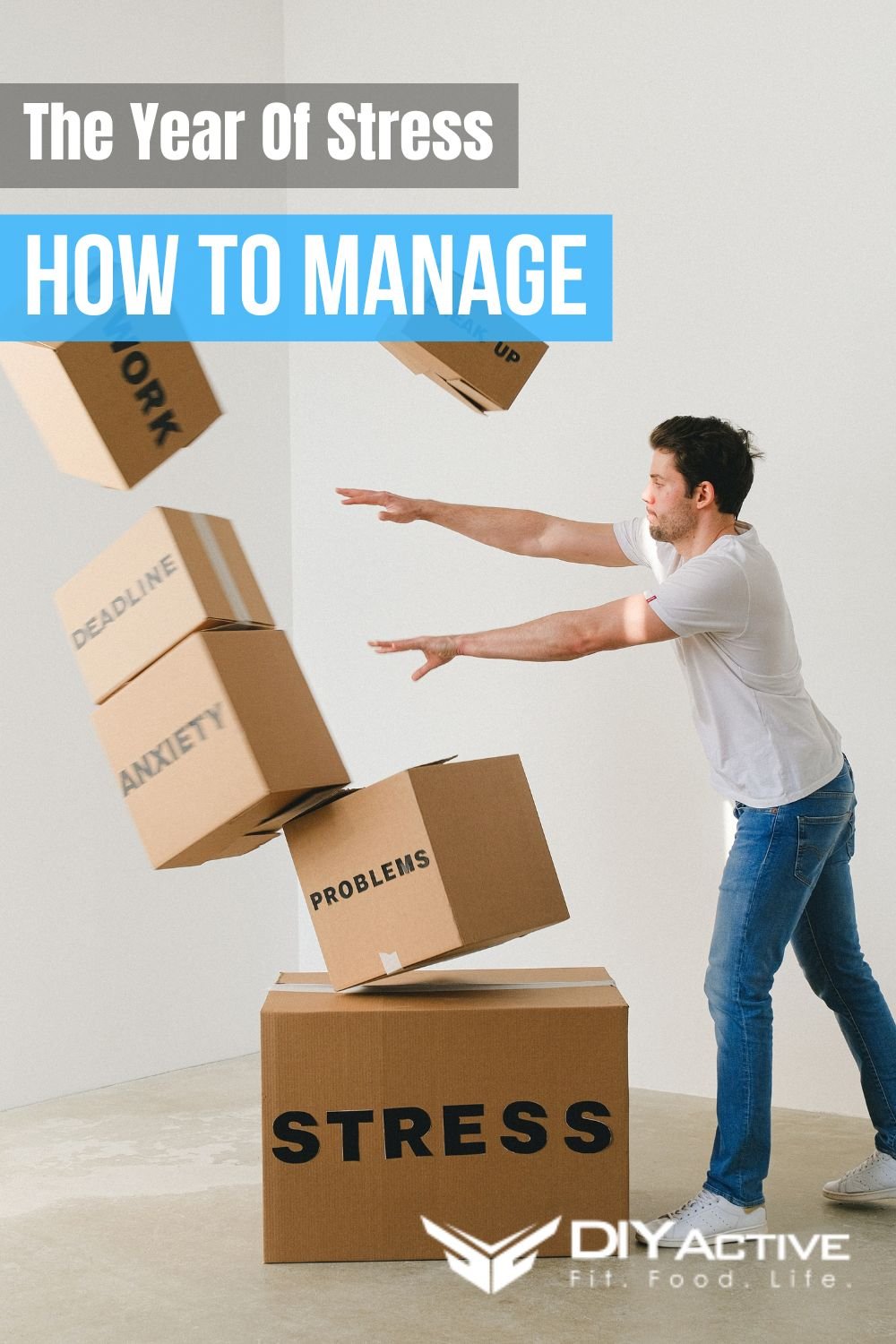
How To Manage The Year Of Stress
Just when we thought 2020 and 2021 were the ultimate years of stress, 2022 came along to give us a run for our money. Stress, it seems, is an inevitable part of life. But that doesn’t mean we have to just sit back and accept it.
Different Stress Management Techniques
Instead, we can use different stress management techniques to help us cope with stressful situations. Today, we’ll share nine of them with you to help you find something that works for you!
But first, let’s explore the different types of stress, and then we’ll get into some of the physical signs of stress.
Good Stress vs. Bad Stress
There are different types of stress, but we can broadly categorize them into two groups: good stress and bad stress. Good stress, also known as eustress, is the type of stress that motivates us to take action.
For example, it’s the sort of stress that comes from meeting a deadline at work or traveling to an unfamiliar destination. While it may be challenging, good stress can ultimately help us achieve our goals.
Bad stress, on the other hand, is the type of stress that leads to negative consequences. This includes things like chronic stress, which is long-term exposure to environmental or psychological factors that lead to negative health outcomes.
Bad stress can also come from major life events like losing a job, the death of a loved one, or getting divorced.
Physical Signs of Stress
Different physical signs of stress can help you identify when you’re feeling stressed. Some common physical signs of stress include:
- Muscle tension or pain: When we’re stressed, our muscles tense up as a way to protect our bodies. This can lead to headaches, neck pain, or lower back pain.
- Fatigue: Stress can lead to feelings of fatigue or exhaustion, even if you’re getting enough sleep.
- Changes in appetite: Stress can either increase or decrease your appetite. Some people may eat more when stressed, while others may lose their appetite altogether.
- Difficulty sleeping: Stress can make it difficult to fall asleep or stay asleep through the night. This can lead to feeling tired during the day.
- Irritability: When stressed, we may snap at those around us more easily than usual.
9 Different Stress Management Techniques
Are you experiencing any of these physical signs of stress? Then it’s important to take a step back and assess your situation. Are there any changes you can make to reduce your stress levels? If not, how can you better manage your stress? Let’s get into those different stress management techniques next!
1. Identify Your Stressors
The first step to managing your stress? Identifying your stressors! What are the things in your life that are causing you stress? Once you’ve identified your stressors, you can start to work on addressing them.
2. Avoidance
One way to deal with your stress is to simply avoid the things that cause you stress. If a particular situation always seems to make you feel stressed, try to avoid it if possible. Of course, this isn’t always possible, but it’s worth considering if it’s an option for you.
3. Change Your Perspective
Sometimes, all it takes to reduce our stress levels is a change in perspective. For example, if you’re feeling stressed about a particular situation, try to look at it from a different angle. This helps you put things into perspective and may help you feel less stressed.
4. Relaxation Techniques
Relaxation techniques are an effective way to reduce stress at the moment. Some different relaxation techniques include:
- Deep breathing: Take a deep breath in through your nose and exhale slowly through your mouth. Keep repeating this until you start to feel more relaxed.
- Progressive muscle relaxation: Starting with your toes, tense and relax each muscle group in your body, working your way up to your head.
- Visualization: picturing yourself in a relaxing setting like the beach or a meadow can help you feel calmer and more at ease.
5. Exercise
Exercise is a powerful way to manage stress because it helps release endorphins, the body’s natural feel-good chemicals. So even a short burst of exercise can make you feel better and reduce your stress levels.
6. Connect with Others
Spending time with loved ones or close friends can help reduce stress by providing support and positive social interactions. If you’re feeling stressed, reach out to someone you trust and spend some time talking or spending time together.
7. Meditate or Pray
Meditation and prayer can help you focus on the present moment and let go of stressful thoughts about the past or future. In addition, these activities can help promote calm in your mind and body, reducing your overall stress levels.
8. Get Enough Sleep
Sleep is, unsurprisingly, crucial for our overall health and well-being and can also help reduce stress. When we’re well-rested, we’re better able to deal with stressful situations. So make sure you’re getting enough sleep (think seven to eight hours) each night to help reduce your stress levels.
9. Vagus Nerve Stimulation
Finally, vagus nerve stimulation (VNS) is a promising option for managing stress and anxiety. VNS involves sending electrical impulses to the vagus nerve, which runs from the brainstem to the abdomen. This can help reduce stress and anxiety by affecting the autonomic nervous system, which controls our fight-or-flight response.
There are many different ways to stimulate the vagus nerve, including the Xen device from Neuvana. These vagus nerve-stimulating headphones make VNS more accessible than ever.
Try These Different Stress Management Techniques for Yourself
While these different stress management techniques can be useful, it’s still important to remember that everyone responds differently to stress. What works for one may not work for another.
Experimenting with different techniques is essential to see what works best for you. You may also want to consider meeting with a mental health professional if your stress levels are particularly high or if you’re struggling to manage your stress on your own.
They can help you develop a more comprehensive stress management plan that’s tailored to your individual needs.
Photo by Liza Summer
Photo by SHVETS production



